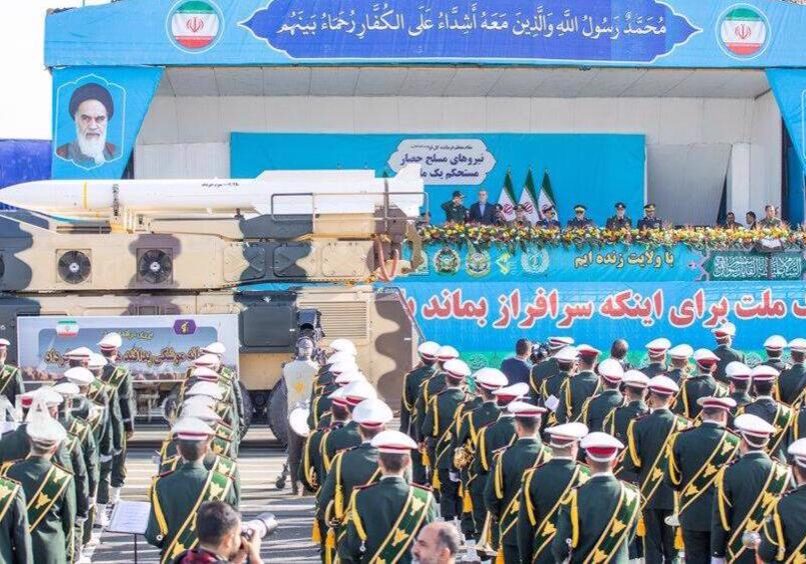Australia/Israel Review
Dealing with Trump’s “deal”
Apr 17, 2019 | Yossi Kuperwasser

Governing is, first and foremost, about prioritising, so when Israelis went to the polls they were in fact choosing between priorities, a product of ideology, values, capabilities, challenges, political constraints and leadership.
The Israeli Government’s priorities after the election will of course reflect their result, especially in the Palestinian context. Israel will have to examine the American Administration’s “Deal of the Century” peace proposal – expected to be released in the next few months after a new Israeli coalition is formed – and adopt a policy towards it.
THE TRUMP PEACE PLAN AND THE PALESTINIAN ARENA
Israel’s response to President Trump’s plan will reflect its commitment to seek a peace that guarantees its security and so will probably be “Yes, but”.
At the same time, Israel will have to:
• Clarify its red lines, namely that no lasting peace can be reached without: A Palestinian recognition of Israel as the nation-state of the Jewish people (with a democratic regime); a security plan that leaves the Jordan valley under Israeli responsibility and allows the IDF to deal with threats from the West Bank; and ending the hateful indoctrination and incitement that inculcates support for terror and commitment to a Palestinian state “from the river to the sea” in Palestinian minds.
• If the Palestinians reject the plan, Israel together with the US Administration should continue conveying the message that there is a price for Palestinian intransigence. They should seek to try and convince the Palestinians of the need to change their erroneous narrative and accept the existence of a Jewish people that has a sovereign history in this disputed holy land, as well as accepting the need to share this land with them.
• Continue with the current policies vis-à-vis Gaza and the status quo in the West Bank. These are solid and reasonable policies in light of the complexities of the situation. If the threat from Gaza rises Israel will have to be prepared to take harsher measures to protect its citizens, including forcing Hamas to give up its control of the Strip.
• Refrain from moving towards unilateral concessions disguised as “separation” from the Palestinians. This is a dangerous idea, as it ignores the Palestinian narrative and may lead to greater Palestinian terror, while simultaneously causing higher tensions within Israeli society. The probability that any new government will support such a policy is very low.
IRAN, RUSSIA AND RELATIONS WITH THE US
On most other national security challenges, there were very limited differences between the main Israeli political parties. Israel will have to keep fighting against the threats emanating from Iran in Syria and elsewhere in the region – especially against Iranian efforts to improve Hezbollah’s rockets; continue to oppose the Iranian nuclear deal, and cooperate with Washington in an effort to bring Europe on board; cooperate with Russia to maintain its freedom to operate against Iran in Syria; keep fighting against the attempt to delegitimise and boycott Israel and expose the antisemitic nature of anti-Zionism; keep and deepen the strategic relations with the United States while trying to stop the process that turns relations with Israel into a partisan issue; and further enhance cooperation with the pragmatic Arab states – both those with whom Israel has a peace agreement and with those whom it does not.
THE PRAGMATIC ARAB STATES
The pragmatic Arab states share the same view of the region as Israel and identify all radicals – from extremists such as ISIS, Al Qaeda and Iran’s leadership, to the more “realistic” Muslim Brotherhood (and the states they control like Qatar, Turkey and Gaza) – as dangerous threats. Israel should try to convince these pragmatists to use the expected Palestinian rejection of the American peace plan as a justification for having closer ties with Israel. This may eventually help in pushing the Palestinians to adopt a more realistic approach towards the peace plan.
With the growing pressures on the Iranian regime and on the Palestinians (both the Palestinian Authority and Hamas), the probability of security escalation might grow significantly. This means that Israel must continue to spend more on improving its military readiness and maintaining its intelligence, air, cyber and army superiority. This requires that the Israeli economy continue to flourish and that domestic unity is restored after what has been a bitter election period. At this point, the chances that such unity will emerge seem limited, but politics, and especially Israeli politics, has always been full of surprises.
Brig. Gen. (res.) Yossi Kuperwasser was chief of the research division in IDF Military Intelligence, and until recently, director general of the Ministry of Strategic Affairs. He is currently director of the Project on Regional Middle East Developments at the Jerusalem Centre for Public Affairs. © Fathom Magazine (fathomjournal.org), reprinted by permission, all rights reserved.
Tags: Israel, Middle East, Palestinians, United States






